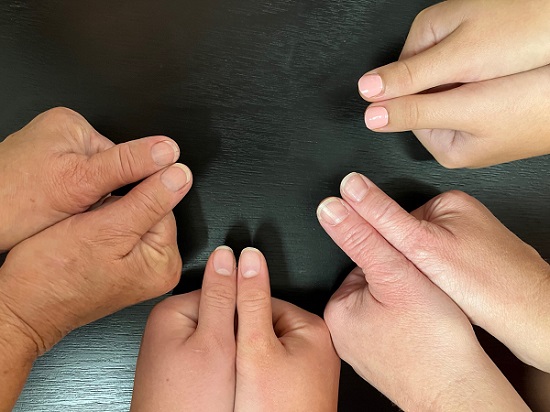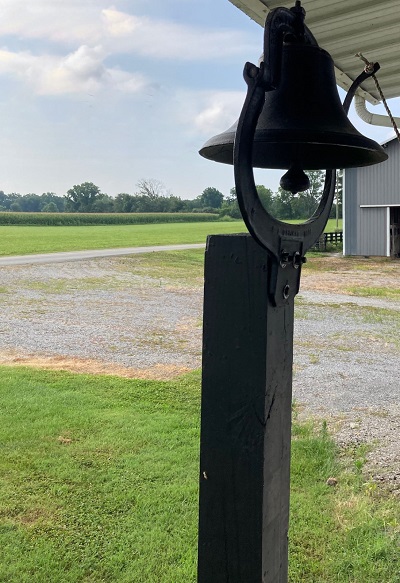All Hands on Deck
 If a ship requires help from the entire crew, it calls for all hands on deck. Everyone must get in position to batten down the hatches. They prepare for the storm ahead. The crisis may result from:
If a ship requires help from the entire crew, it calls for all hands on deck. Everyone must get in position to batten down the hatches. They prepare for the storm ahead. The crisis may result from:
- Severe weather
- Enemy attack
- Mechanical problems
According to The Free Dictionary, a ship’s crew members are also known as hands. The ship’s floor is its deck.
However, the definition for this expression has expanded beyond ships.
All hands on deck means everyone needs to help.
After recent natural disasters, calls came for assistance from every available resource. Troubles included:
- Floods
- Wildfires
- Earthquakes
- Drought
- Tornadoes
In addition to government agencies, volunteer groups assisted.
Several in our church help with disaster relief services. They keep supplies and vehicles ready to go when calls come.
This expression applies to small problems as well as large ones.
Everyone has a role to play in:
- Families
- Sports teams
- Offices
- Schools
In every situation, many hands make light work.
Whatever our position, God calls us to remain ready.
That applies regardless of our age, abilities, or social status. God’s call is not always easy. However, it is always worthwhile.
“Stand steady, and don’t be afraid of suffering for the Lord. Bring others to Christ. Leave nothing undone that you ought to do” (2 Timothy 4:5 TLB).
Thanks to Jane Ashley Pace for the suggestion. Image by Brigitte Werner from Pixabay
Do you have an expression you want explained or a thought about this one? If so, please comment below.
Subscribe to receive my weekly posts by email and receive a free copy of “Words of Hope for Days that Hurt.”
 If you enjoyed this post, please share it with your friends.
If you enjoyed this post, please share it with your friends.
Congratulations to Pat G, whose name was randomly drawn from my mailing list to receive a free copy of Kristy Horine’s book, In a Season of Mondays. If your name is already on my mailing list, you will automatically be entered for any future giveaways. Please encourage your friends to subscribe.










